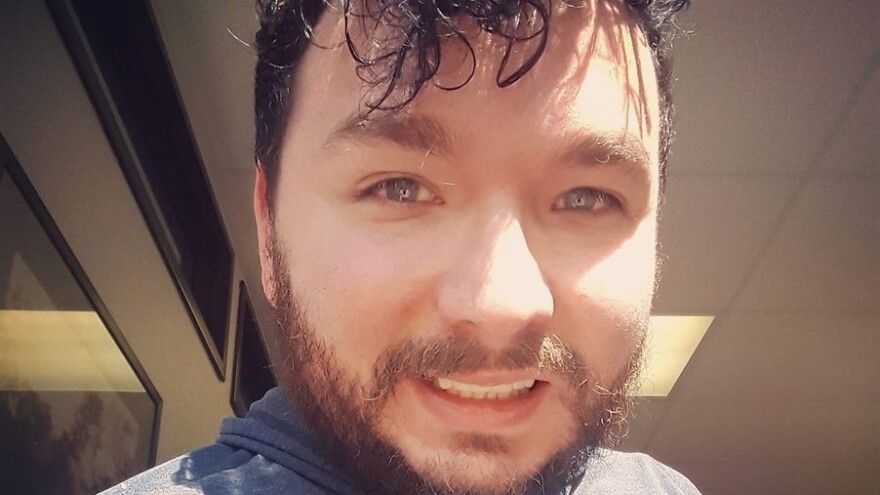A state House committee this week is scheduled to consider legislation that would create a new level of dental care in Michigan. WKAR health reporter Scott Pohl reports on why backers hope to bring dental therapists to the state, and why the Michigan Dental Association is fighting the bill.
When Robert Ramon of Lansing was a teenager, he had dental work done to fix a missing front tooth. His parents’ dental insurance covered it. After he turned 18, he was no longer covered and found himself uninsured and unable to pay out of pocket when a filling fell out. “The big thing I remember is not knowing where to turn to or what options I had," Ramon says. "Progressively over the next few years, things just kind of got worse.”
Ramon went without dental treatment, and as a result, his mouth was a mess. Now 31 years old and with insurance through his full-time job, he finally is having his dental work done, but by the time he’s finished, he says it will have cost him about $6,000 out of pocket. That’s why he’s backing Michigan Senate Bill 541.
Introduced by Senate Republican Mike Shirkey, the bill would create the profession of dental therapist, a position backers compare to the physicians assistants found in many medical practices. They could perform certain work like tooth extractions under the supervision of a dentist, and they would be required to treat many uninsured and Medicaid-insured patients. Ramon thinks he’d have gotten the care he needed sooner and less expensively if he’d had access to a dental therapist.
The Senate has passed the legislation, but it has languished in the House. The House Health Policy Committee is finally scheduled to take the bill up this week.
A leading backer of the bill is the Michigan Council for Maternal and Child Health. Executive Director Amy Zaagman doesn’t see a downside, saying adding professionals to the care team can’t decrease access. "There’s no real reason for government to stand in the way of the creation of a new profession when it could add potential value and there are folks interested in doing it," Zaagman states. "Our response to the dentists who aren’t interested is, I guess, don’t hire one. Don’t do it, but don’t stand in the way of those who are interested.”
The Michigan Dental Association is spearheading the opposition to Senate Bill 541. MDA Director of Legislative and Insurance Affairs Bill Sullivan says they take issue with how dental therapists would be supervised. "The average person would think supervision means there’s somebody there, watching. Well, that’s not what it means," Sullivan explains. "All it means is that the dentist who is overseeing the dental therapist knows they’re doing what they’re doing. It does not mean that they’re in the building. So, a dental therapist could see a patient who was never actually seen by a dentist.”
While the bill is opposed by the MDA and several other associations representing dental assistants and orthodontists, the Michigan Dental Hygienists Association backs the bill. They see dental therapy as a possible opportunity to further their educations and advance their careers. The Dental Association’s Bill Sullivan says hygienists already have a path to career advancement: dental school. “I know a lot of dentists who were hygienists, registered dental assistants, and went on to dental school," Sullivan says. "They can advance their careers right now and go to dental school.”
been negligible. Recent statistics indicate that there are fewer than 100 of them in Minnesota, and only a handful are working in underserved parts of the state. Amy Zaagman of the Michigan Council for Maternal and Child Health argues that while the numbers may be small in Minnesota, the services they have provided are important to their patients, and no complaints have been filed against any of them.
Robert Ramon’s path to dental care has been long and expensive, but he expects his badly needed treatment to end later this week. “I was actually fitted for a bridge for my top teeth, and they ended up giving me a temporary bridge that I have currently while they ordered the porcelain bridge that’s going to be arriving on October 5," Ramon concludes. "That’s what they’ll be implanting permanently.”
Ramon’s dental work may be coming to an end this week, but the path of dental therapy legislation passage in the state House and then being signed into law by Governor Rick Snyder by the end of the year is less certain.




